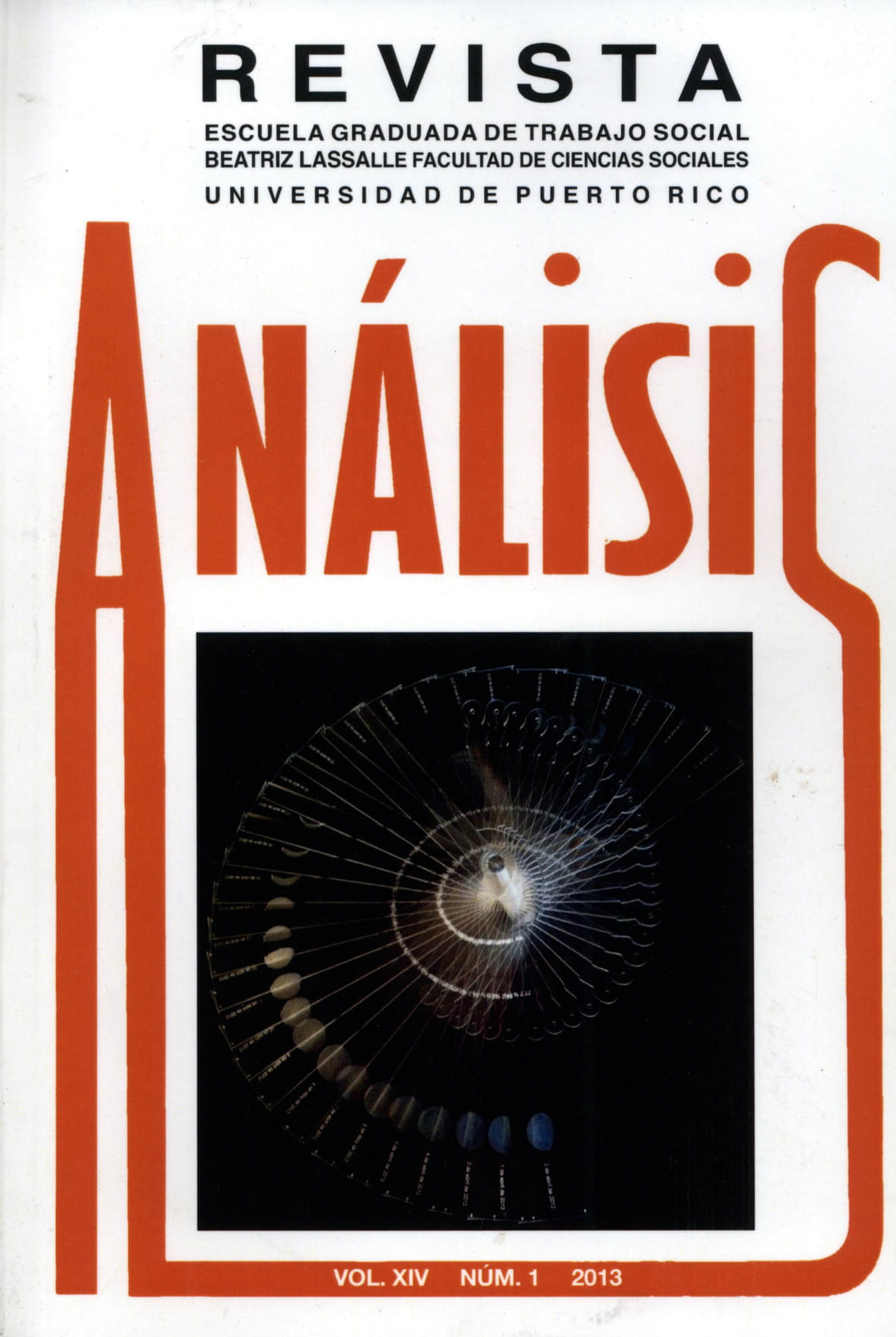Abstract
This article examines the analysis framework exposed in the book The structures of the scientific revolutions by the physical theorist Thomas S. Kuhn. I consider some of his reconceptualizations elaborated in the next three decades from the original publication of his work, responding to critics and refining his postures. The first part exposes a review of his research concerns in his disciplinan/formation context that shapes the first ideas that form his book. I study some valued reflections of his work pertinence indifferent fields of knowledge. I address his main thesis, concepts and thematic centers from which he argue the discontinuous and revolutionary development of the scientific knowledge. I also outline his work proposal for a conceptual science review from a historical perspective. In the final part, I acknowledge the interdisciplinary relevance of his work in the contemporary epistemological discussions. His arguments and conceptual postures over the social sciences and their particularities are considered vis a vis the natural sciences. I expose some conceptual grid references of the debates over his work that is pertinent to rethink the scientific work legitimatization in the social science communities that assume as their purpose comprehend the human phenomena in his complexity.Downloads
Download data is not yet available.

